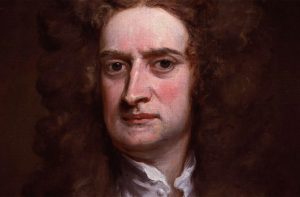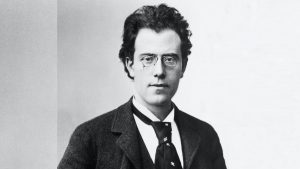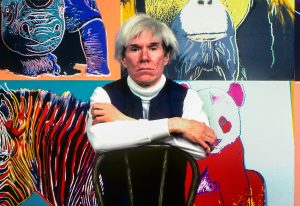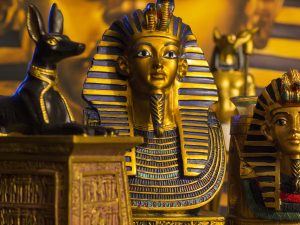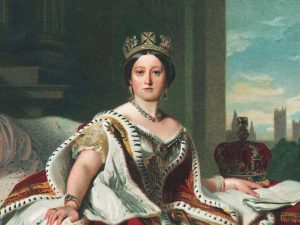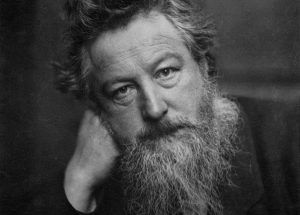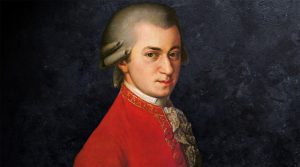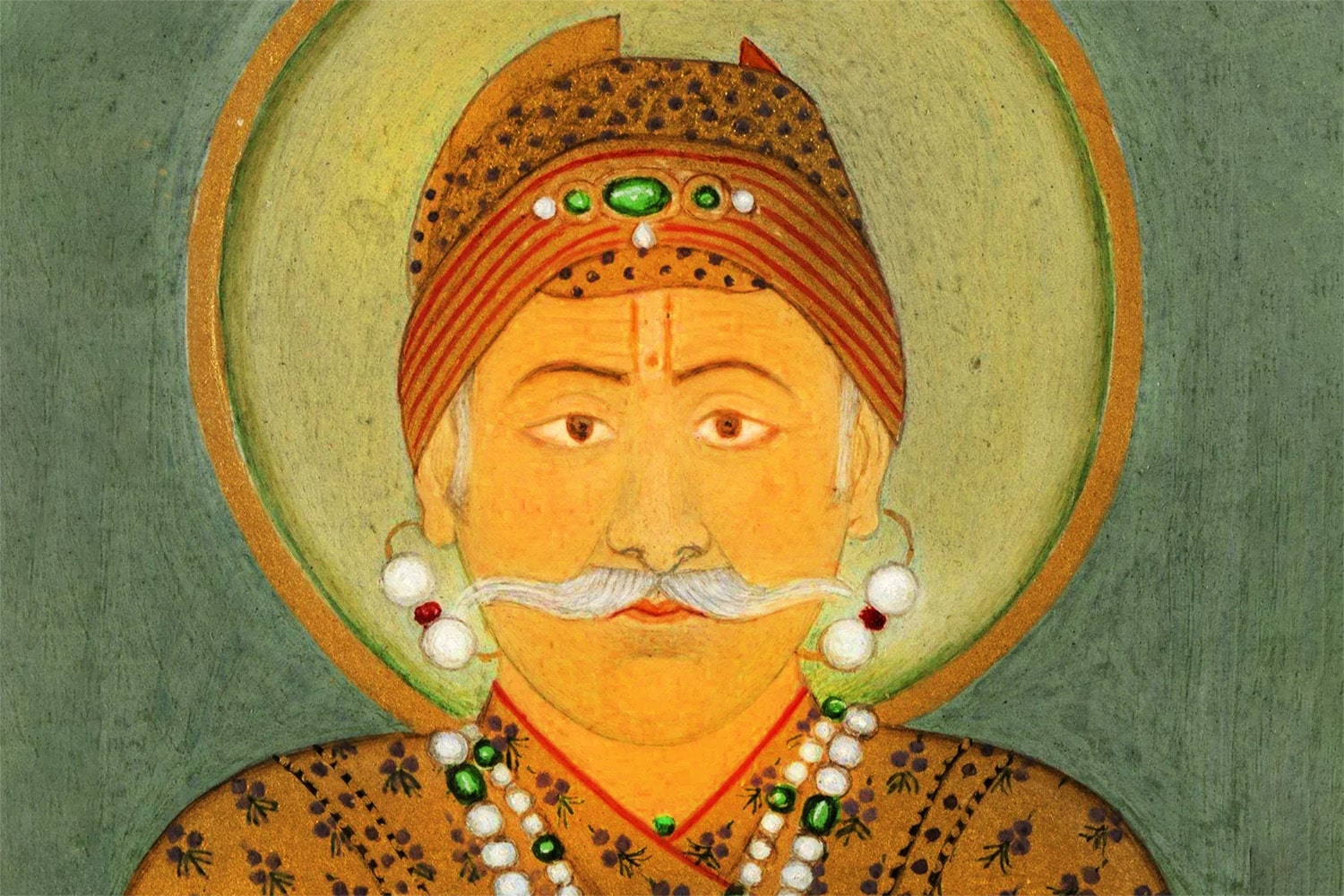
24 interesting facts about Akbar the Great
- 👁️ 1572
Akbar the Great, one of the most eminent rulers of the Mughal Empire, reigned over the Indian subcontinent from 1556 to 1605. Under his leadership, the empire expanded significantly, encompassing a large part of the Indian subcontinent. Akbar is celebrated not only for his military conquests but also for his forward-thinking policies, including religious tolerance, administrative innovations, and patronage of the arts and culture. His reign marked a defining era in Indian history, characterized by political stability, economic prosperity, and a flourishing of cultural and intellectual life. Here are 24 interesting and informative facts about Akbar the Great that showcase his contributions and legacy.
- Akbar ascended to the throne at the young age of 13, following the death of his father, Humayun.
- His reign lasted for nearly 50 years, from 1556 to 1605, making him one of the longest-reigning rulers of the Mughal Empire.
- Akbar was illiterate; however, he had a great appreciation for literature and had several works read to him.
- He established a new religion called Din-i Ilahi, or the “Religion of God,” which aimed to merge the best elements of the religions of his empire.
- The Buland Darwaza, or the “Gate of Magnificence,” was built by Akbar to commemorate his victory over Gujarat in 1573.
- Akbar’s capital was initially in Agra, but he built a new capital at Fatehpur Sikri, which served as his capital from 1571 to 1585.
- He introduced a new land revenue system called the “Zabt System,” which standardized revenue collection and helped stabilize the economy.
- Akbar took a keen interest in the arts, particularly painting, and established the Mughal school of painting.
- He was known for his religious tolerance and abolished the jizya tax on non-Muslims.
- Akbar’s empire was one of the few in history to have a ministry of agriculture, known as the “Diwan-i-Kohi.”
- The Navaratnas, or the “Nine Gems,” were a group of nine advisors in Akbar’s court who were renowned for their expertise in various fields.
- Among the Navaratnas was Birbal, a minister known for his wit and wisdom, whose tales are still popular in Indian folklore.
- Akbar was known to engage in intellectual debates with scholars of different religions in his Ibadat Khana, or “House of Worship.”
- He introduced a new calendar called the Tarikh-i-Ilahi, which combined the lunar Islamic calendar and the solar Hindu calendar.
- Akbar’s military innovations included the use of elephants in battle and the organization of his army into a complex graded system.
- He was a patron of music and is credited with developing the classical music genre known as the Mughal Khayal.
- Akbar’s governance model was decentralized, with significant autonomy given to provincial governors.
- The Ain-i-Akbari, written by Abul Fazl, is an important document that provides detailed insights into Akbar’s empire, including administration, culture, and society.
- Akbar’s policy of Sulh-e-Kul, or “Universal Peace,” promoted harmony among different religious communities.
- He expanded the Mughal Empire to include regions such as Bengal, Kashmir, Gujarat, and parts of southern India.
- Akbar’s Mausoleum in Sikandra, near Agra, is an architectural masterpiece and a popular tourist attraction.
- He established a centralized system of justice, which included the appointment of judges who were tasked with ensuring the fair application of laws.
- Akbar was an adept diplomat and secured alliances with several Rajput kingdoms through matrimonial alliances.
- Despite his military conquests, Akbar is often remembered for his contributions to the cultural and intellectual life of India, leaving a lasting legacy that transcended his era.
Akbar the Great’s reign is a significant chapter in Indian history, highlighting a period of unprecedented prosperity, cultural richness, and administrative innovation. His efforts to bridge cultural and religious divides, along with his patronage of the arts and promotion of knowledge, exemplify his vision of a progressive and inclusive empire. Akbar’s legacy continues to be celebrated for the indelible mark he left on the fabric of Indian society, making him a revered figure in the annals of history.




